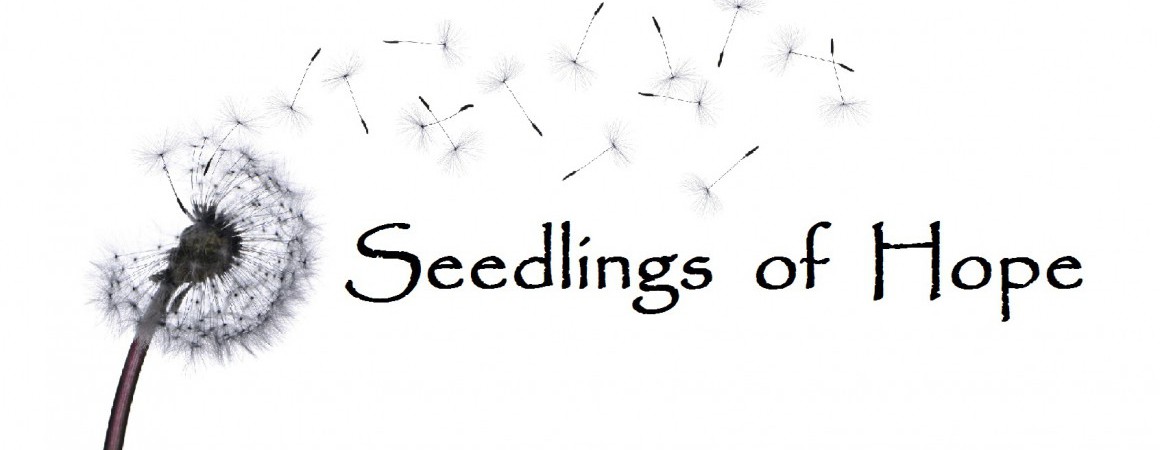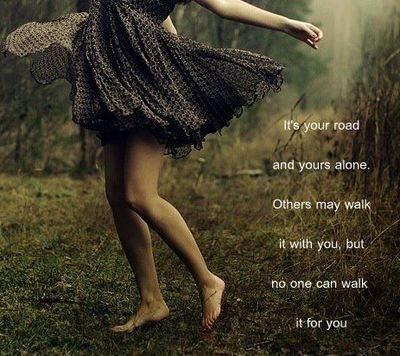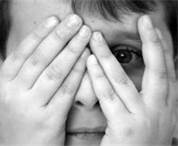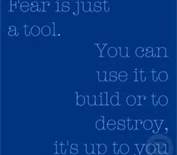You may have noticed that I’ve been quite silent here lately. (Thank you to those of you who through your support have encouraged me to get back to my writing voice) I have recently lost my grandfather…. and… my footing. The timing of events baffles me, it seems there is some truth to the saying “when it rains it pours.” The first in a series of set-backs was dealing with the fact that despite his will to live, despite all our efforts, my grandfather’s journey came to an end in early February. He had been ill for a while and succumbed to post-surgery complications when they removed the tumor that ravaged his stomach.
As I watched his struggle, I became increasingly unable to gain clarity in what proved to be an avalanche of emotions for me. I found myself becoming more resistant. Outwardly, my edges grew harsher and words became weighed and censored while negative thoughts began to take over. Inwardly, this experience reduced me to feeling like a vulnerable child brimming with uncertainty. Those of you who are close to me have seen me bob up and down between hope and grief, trying to come to terms with the emptiness of his unoccupied place in my days. I tried to make sense of it all, but often the impact of someone’s life on us isn’t fully understood until we leave our reasoning behind and stay with the ache in our heart. Lately, my heart has been feeling assaulted. I have been somewhat reluctant to share this on my blog because Seedlings of Hope was meant to add positivity to my reader’s days, to bring lightness to others and these past few weeks I’ve been feeling anything but. Somewhere in this mental fog, I also remembered that I’d made a personal commitment to honesty and integrity, so here I am, offering what is real and raw and true for me in the moment.
Let me begin by saying that I am incredibly grateful for Joe’s life because I had the opportunity to know him well and learn so much from him. He role modeled a beautiful and simple way of living with presence and connection to others. Not until faced with his eulogy did I realize just how much he shaped who I am today. That was a challenge, how do you even begin to summarize someone’s life? Yet in the need to succinctly recap his, I became acutely aware of what mattered to me in my own life. The relationships and things I let fall back, the priorities I hadn’t kept and all the parts of me that remained unmet because I would “Get to that later”. This loss brought grief and heaviness but also the kind of clarity we get when we remember how truly precious and transient life is.
As I tried to work through this existential crisis of sorts, I became more restless and drained. Perhaps if I understood what was happening I could get a better hold of it… if removed the grain of sand in my happy shoes… sought out the root of the problem and eradicated it… alas, none of this try-hard stuff worked. Probably ‘cause I was trying so hard. In the end, a loss is a loss. My grandfather’s death triggered a wave of subsequent emotions and events that go beyond logic and reason. Most losses can have deep repercussions and lead us to question the very notion of life, where it begins and ends, the hows and whys and all the in-betweens. I learned that in these situations, our head is useless. Justifications don’t really matter. The pain doesn’t subside with good reason, the questions don’t get appeased, and the process is not shortened by our attempts to speed it along.
Very few deaths go unnoticed and I think I speak for all of us when I say that the mere idea of losing loved ones and facing painful losses makes us want to give up and cry “Uncle”. In the past, I have seen family members bury their children, friends lose their young siblings, widows get hollowed out by lost love and I found myself cowardly wishing “Please God, make me go first.” The question I keep asking myself is if death is such a huge part of life, then why are we not better equipped to deal with it? I don’t like feeling this way but I don’t know how else to be. How come no one in school ever taught us to speak about death openly? Why aren’t we given more tools as kids to gain support around our feelings of uncertainty, help us to learn how to be more at peace with all of this stuff? We were exposed to images of a Grim Reaper, of darkness, sadness, fear, hurt, and of a Day of Judgement looming over our heads. I think I’m not ok with this version of death. In an attempt to think it through and redefine this whole concept, here’s what I know to be true about death right now:
- Yes, death is an inevitable ending of sorts. The end of a way of being, not just for the ones that pass away but for the people they leave behind as well. We change and grow and evolve with each nurtured relationship and each lost relationship.
- Death means change, literally and symbolically (I think I’m not particularly good with change I haven’t initiated).
- Death means allowing yourself to acknowledge that no matter how much education you arm yourself with, no matter the depth of our life experiences, there is a whole other part of us that is full of the unknown. Nothing can crack this nut. No amount of research, introspection, meditation, prayer or avoidance. Nothing can help except perhaps, a little thing called ACCEPTANCE. By definition, the act of consenting to receive or undertake something offered, in this case the powerful unknown mystery of life.
So this is where I got stuck and my resistance flared up. I find it crazy difficult to simply surrender into acceptance. And I’m not just talking about this particular moment of dealing with the death of a loved one. I know I have some work to do here. You see, my reproach was that I could have been braver, more grateful, more trusting. I suppose I could have been more apt at explaining things to my young daughters and better at knowing how to console my grieving grandmother. I wanted to be the kind of person that reacts to life’s challenges with more flexibility and confidence, to respond in the way my best self might, but this time, it wasn’t so. And I guess the lesson is that it’s alright. Heartache can cause us to lose our footing, and that’s ok. We all have moments when vulnerability and frailty have us feeling a little rattled. Acceptance of wherever we are with our feelings is pretty much the only thing that will help us trust the process.
Whether it is the loss of a loved one, the death of a career, relationship, pet, friendship, the drastic change in our health, finances, living arrangement… really any ending can impact us profoundly and often take us on some kind of spiritual journey. I suspect all deaths and changes, big and small have the potential to offer us a little wiggle room for growth. Perhaps that is the very nature of death, to remind us that our place in this world in not permanent. We can use this knowledge to propel us to follow our dreams, open our hearts and give it our all. Despite what we believe, we are not really ever in control of this ride, things can change at any given moment. Each experience in itself is a gift of some kind as I say to my girls, when someone gives you a gift, even if it’s not your favourite thing, even if you don’t really want it or know what to do with it, just say “thank you” and figure it out later.
Related articles
- The Abraham-Hicks revelation about the Afterlife (barefairy.wordpress.com)
- The Sixth Stage of Grief (after TBI) (brokenbrilliant.wordpress.com)
- What does it feel like to die? (medicalmalpracticepatient.wordpress.com)







